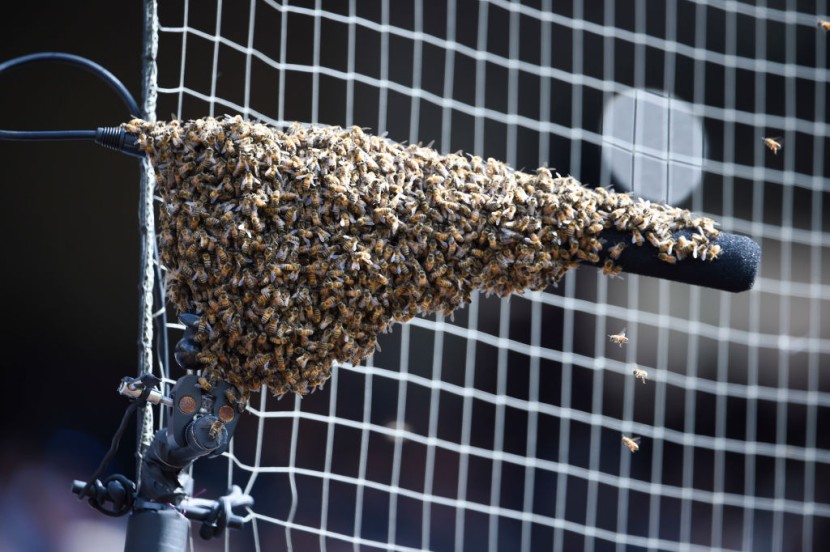
In the Wageningen University & Research in the Netherlands, scientists train bees to detect people Infected with COVID-19. This unusual study is a contrast to studies using dogs as COVID-19 detectors.
Bees to detect people Infected with COVID-19 is under research
According to the article reported by Newsmax, scientists at Wageningen University & Research in the Netherlands claim to have trained more than 150 bees to detect samples of the virus based on their smell.
It was sought to devise a means to find ways to detect the coronavirus, other than dogs. Though it seems unusual, the scientists embarked on the usual idea that bees can detect the virus, said the Hill last Saturday.
Scientists are working on a hypothesis that bees could be conditions as scent detected of the COVID-19 virus, just as effectively as a dog's nose.
The university said in a press release on May 3 that it collaborated with InsectSense, a start-up, to condition the bees to stick out their tongues as a visual signal when they detected the virus, noted Wageningen University.
According to the institution's press release, bees, like dogs, are particularly sensitive to the biochemical changes in an infected body that emit an odor and can be detected in minutes.
Based on the press release, "bees can sense volatiles with a precision of parts per trillion." "They locate flowers, for example, a few kilometers away. Bees, like dogs, can be designed to detect volatiles and scents in just a few minutes."
Scientists said the bees were trained using the Pavlovian Method. They were rewarded with a sugar-water solution every time they were subjected to the scent of a COVID tainted sample. The training method only took a few minutes to achieve training bees to detect people Infected with COVID-19.
Using the same method for dog training achieved the results that the Dutch researchers consider their goal: finding COVID in infected people.
Since bees can be located worldwide, it could prove a highly successful diagnostic system in low-income countries. Machines could be designed to rapidly train them and deploy them via a second small machine to classify people, told to the press release.
Poorer countries will benefit from using these insects with a more affordable method. Presently richer countries are the ones who can afford more advanced test devices to detect virus carriers.
Sources say the school Wageningen University Research is a collaboration between Wageningen University and the Wageningen Research Foundation.
The school stated that more than 12,500 students and 6,500 staff from over 100 countries work at the school to research safe food and living conditions for business and government populations.
Wim van der Poel, a professor at Wageningen University, told The Hill. "Especially in lower countries, not all laboratories have that." "Bees are everywhere, and the hive isn't overly complex."
Research has yet to be peer-reviewed; the results show that using several insects per sample, the virus can be identified with a 95 percent accuracy rate, stated the professor.
According to the story, two teams of dogs from 360 K9 Group were deployed to sniff essential staff, NASCAR officials, race teams, and vendors as they entered the track.
Wageningen's effort to develop bees to detect people Infected with COVID-19 will be investigated further for the validity of the researchers' claims, noted Fox Sports.
Related article: K-9 Dog Sniffs Out 24 Pounds of Cocaine Hidden in NYC Pad








